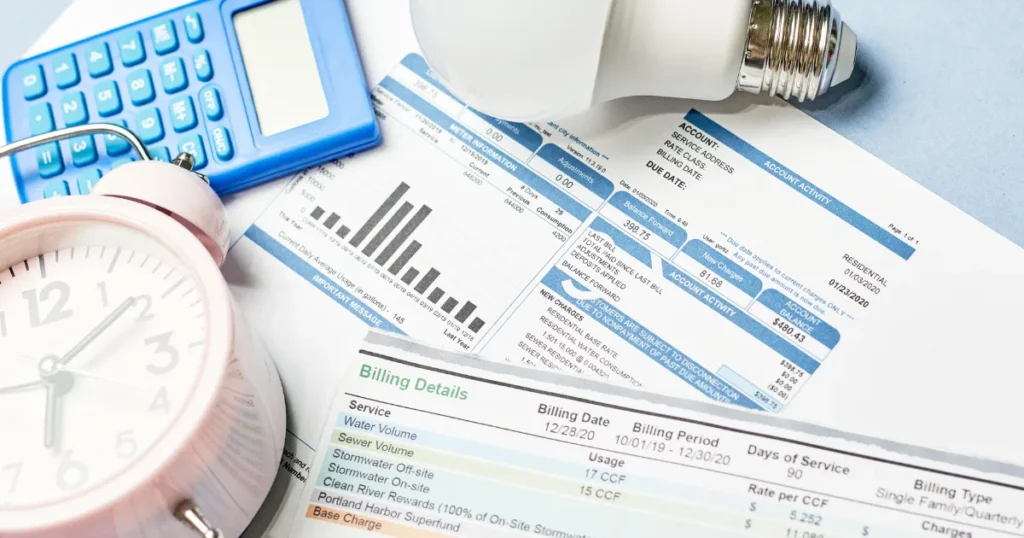What Is Modifier In Medical Billing: Medical coding makes sure that healthcare providers are accurately reimbursed for their services. One key aspect of medical coding that often causes confusion for beginners is the use of modifiers. But what is modifier in medical billing, and how do they affect the billing process?
Modifiers are short codes that provide additional information about a medical service or procedure, allowing coders to convey more specifics about the situation. Whether it’s indicating that a procedure was done bilaterally or explaining a service that was altered, modifiers are integral to making the billing process accurate and effective.
In this blog, we are going to tell you all about what is modifier in medical billing, explore the list of modifiers in medical billing, discuss the types of modifiers in medical billing, and highlight some important modifiers with examples. We’ll also provide a handy medical billing modifiers cheat sheet for quick reference!
What Is Modifier in Medical Billing?
A modifier in medical billing is a two-digit code used to provide additional information or clarify a procedure or service. These modifiers help communicate that a procedure has been altered by specific circumstances without changing its basic definition.
Modifiers are used by healthcare professionals and medical coders to explain the nuances of a service or procedure that may require special consideration, like when a service was performed more than once or under unusual conditions.
So, why we use modifier in medical billing? The primary reason is to make sure that the provider is reimbursed correctly, reflecting the true nature of the service provided. Without modifiers, it would be difficult for insurance companies and payers to understand the context of the service, leading to potential reimbursement issues.

Types of Modifiers in Medical Billing
Modifiers can be categorized into two main types based on their function and usage:
1. Level I Modifiers (CPT Modifiers)
These are standard two-digit codes, used to provide more specific details about the procedure performed. For instance, they can explain if a procedure was altered in any way, if it was done in a special setting, or if it involved multiple providers. Common types of modifiers in medical billing include:
- 25: Significant, separately identifiable evaluation and management service by the same physician on the same day of the procedure or other service.
- 59: Distinct procedural service (often used to indicate procedures that are distinct but performed together).
2. Level II Modifiers (HCPCS Modifiers)
These modifiers are used for services, supplies, and products not covered under Level I codes. They help in providing additional details about services that are typically not included in the CPT codes. Examples include:
- GA: Waiver of liability statement issued as required by law.
- GY: Item or service statutorily excluded or does not meet the definition of any Medicare benefit.
The key takeaway here is that modifiers help in fine-tuning the billing process, ensuring accuracy in communication between providers, patients, and insurance companies.
List of Modifiers in Medical Billing
Here’s a list of modifiers in medical billing that you will frequently encounter:
- -25: Significant, separately identifiable E/M service by the same physician on the same day.
- -50: Bilateral procedure.
- -51: Multiple procedures.
- -59: Distinct procedural service.
- -76: Repeat procedure by same physician.
- -77: Repeat procedure by another physician.
- -80: Assistant at surgery.
- -81: Minimum assistant at surgery.
- -82: Assistant surgeon (when a qualified resident surgeon is not available).
These modifiers allow coders to explain why a particular service was performed, the location, or the specific context in which it was provided.
Why We Use Modifiers in Medical Billing?
What is the use of modifier in medical billing? Modifiers are used to ensure proper billing and payment. They help prevent mistakes, ensuring that the claim sent to the payer accurately reflects the situation in which a service was provided. Here are the top reasons modifiers are essential:
- Accurate Payment
By providing additional details on the service performed, modifiers ensure that the healthcare provider gets reimbursed fairly and correctly. - Compliance and Avoiding Fraud
They help avoid fraud and abuse by giving a transparent view of the service, ensuring there’s no misrepresentation. - Clear Communication
Modifiers help providers communicate more effectively with insurers, eliminating confusion and streamlining the billing process. - Improved Documentation
Including appropriate modifiers helps with accurate patient documentation, which is necessary for audits or reviews.

Modifier Examples in Medical Billing
Let’s take a look at a few modifier examples in medical billing:
- Modifier -25:
If a patient visits for a routine checkup but also has a procedure done (like a biopsy), the healthcare provider might use modifier -25 to indicate that the additional service was significant and separate from the routine visit. - Modifier -59:
If a surgeon performs two different procedures on the same day that are normally bundled together, modifier -59 would be used to indicate that these procedures were separate and should be reimbursed individually. - Modifier -50:
This modifier is used when a procedure is performed bilaterally. For example, if both knees require arthroscopy, modifier -50 would be used.
These examples highlight how modifiers clarify the situation of the procedure and allow for more accurate and comprehensive billing.
Important Modifiers in Medical Billing
Certain important modifiers in medical billing are crucial for proper billing and claims processing. Some of them include:
- Modifier -24: Unrelated Evaluation and Management service by the same physician during a postoperative period. This modifier helps to distinguish a procedure from routine follow-up services during the postoperative period.
- Modifier -78: Unplanned return to the operating room. If a complication occurs after surgery that requires additional surgery, modifier -78 is used to indicate that the patient returned to the OR due to a complication.
- Modifier -52: Reduced Services. This modifier is used when a service was reduced but not completely eliminated.
Understanding and applying the correct modifier ensures that a service is billed accurately and correctly, improving the chances of reimbursement and avoiding claim denials.
Medical Billing Modifiers Cheat Sheet
To make your life easier, here’s a medical billing modifiers cheat sheet you can refer to:
| Modifier Code | Description | Use Case Example |
| -25 | Significant, separately identifiable evaluation and management service on the same day | A patient visits for a routine checkup but also needs a minor procedure like an injection. |
| -50 | Bilateral procedure | Knee arthroscopy performed on both knees during the same surgery. |
| -59 | Distinct procedural service | Performing two separate procedures on the same day that aren’t usually done together. |
| -76 | Repeat procedure by same physician | A follow-up test or procedure is required after an initial one by the same physician. |
| -77 | Repeat procedure by another physician | If the original physician is unavailable, another physician performs the same procedure. |
This cheat sheet can help you quickly identify which modifier to use for various scenarios, streamlining the billing process.
How LLRI Can Help You?
For those interested in becoming proficient in medical coding, enrolling in a Clinical Research course at a Clinical Research Institute like LLRI can be highly beneficial. LLRI offers a range of Clinical Research training programs designed to equip students with the skills required for medical coding and billing, including a deep understanding of types of modifiers in medical billing and how they are applied in real-world scenarios.
LLRI offers industry-updated training that covers essential areas like clinical research, medical billing, and coding, all while ensuring you’re up-to-date with the latest industry standards.
The Clinical Research course fees are affordable, and LLRI provides hands-on training with real-life projects, preparing students to handle situations that require the use of modifiers in medical billing effectively.

On A Final Note…
Modifiers are essential in medical billing as they help provide accurate, detailed information about medical services and procedures. By understanding the list of modifiers in medical billing, the types of modifiers in medical billing, and their uses, you ensure that healthcare providers get reimbursed appropriately.
If you’re interested in mastering these skills, LLRI is the Best Institute for PG Diploma in Clinical Research, Medical Coding and Bioinformatics – offering specialized training that will make you job-ready. By enrolling in LLRI’s Clinical Research training, you’ll be prepared to enter this lucrative field with confidence!

